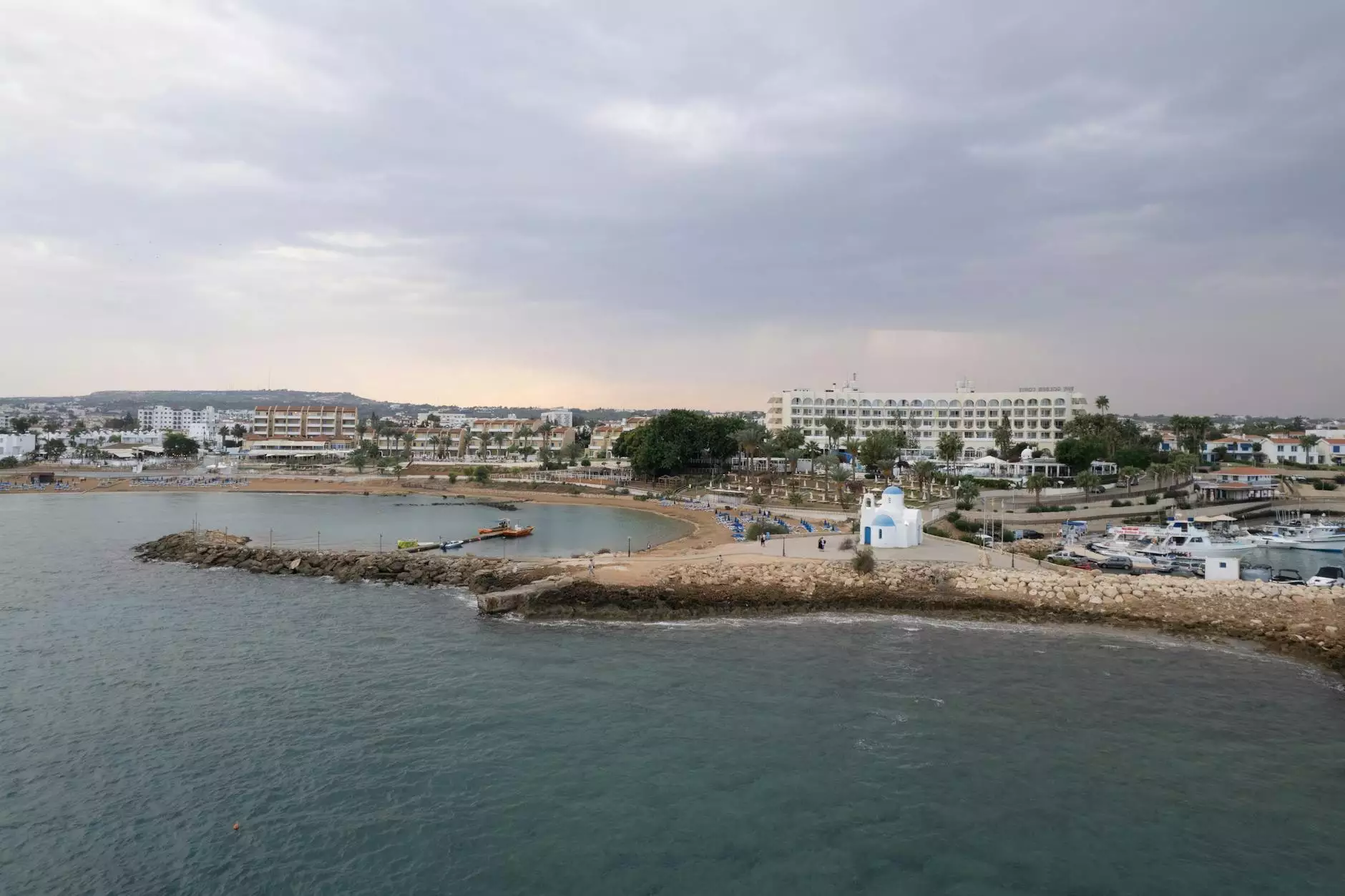LMD System in Algeria: Revolutionizing Higher Education

The LMD system in Algeria represents a significant reform in the higher education landscape of the country. This system, which stands for Licence, Master, and Doctorate, was introduced in 2004 and aims to standardize and modernize the educational framework in accordance with international norms. In this article, we will explore the various facets of the LMD system, its advantages, implementation challenges, and its impact on students and the economy.
The Need for Reform in Algerian Higher Education
Before delving into the details of the LMD system in Algeria, it’s essential to understand the context that necessitated such a reform. The previous system, which was heavily influenced by the French educational model, lacked flexibility and did not align with the evolving needs of the global job market.
Some of the significant issues with the traditional system included:
- Rigid structure: The previous curriculum was often inflexible and did not cater to diverse student needs.
- Lack of alignment: There was a growing disconnect between higher education output and market demands.
- Poor student mobility: There were significant barriers to transferring credits between institutions, limiting student options.
- Quality of education: Overall educational quality and research output were dwindling.
What is the LMD System?
The LMD system is designed to create a more structured and international higher education framework in Algeria. It comprises three main cycles:
- Licence (Bachelor's degree): Typically completed in three years, focusing on theoretical knowledge as well as practical applications in various disciplines.
- Master's degree: A two-year program that allows students to specialize in their chosen fields, fostering research skills and critical thinking.
- Doctorate (PhD): The highest academic degree pursued after a master’s, emphasizing original research and advanced scholarly work.
Benefits of the LMD System
The adoption of the LMD system in Algeria has brought about numerous benefits, both for students and educational institutions. Here are some of the most significant advantages:
1. Enhanced Educational Quality
With structured pathways from Licence to Doctorate, the LMD system promotes a deeper understanding of subjects. This structured approach allows for better curriculum development, ensuring that educational content remains relevant and up-to-date.
2. Improved Flexibility and Mobility
The LMD system enhances student mobility, enabling learners to transfer credits between institutions. This flexibility is critical for students who may want to study abroad or switch fields.
3. International Recognition
As the LMD framework aligns more closely with the Bologna Process, Algerian degrees are becoming increasingly recognized internationally. This global compatibility enhances the prospects for Algerian graduates in the global job market.
4. Strengthening Research Capabilities
By emphasizing research-oriented high-level degrees, the LMD system encourages a culture of innovation and critical inquiry. It prepares students for roles in academia, industry, and government where research is paramount.
5. Bridging the Gap with Industry
The focus on practical skills and applied knowledge within the LMD curriculum helps bridge the gap between education and industry needs. This relevance is critical in producing graduates who are job-ready.
Implementation Challenges
Despite its advantages, the implementation of the LMD system in Algeria has encountered several challenges. Some of these include:
1. Institutional Resistance
Many educational institutions were accustomed to the old system and faced difficulties in transitioning to the new framework. This resistance can slow down the progress of implementation.
2. Training Educators
Successful implementation requires comprehensive training for educators to adapt to the new teaching methods and assessment standards. However, such training programs have been sparse.
3. Resource Allocation
Many universities face challenges related to inadequate resources, including insufficient funding and outdated facilities. Allocating resources effectively is critical for the success of the LMD system.
4. Stakeholder Engagement
Engaging various stakeholders, including the government, universities, and private sectors, is essential for a coherent approach to the reforms. Lack of collaboration can derail progress.
Impact on Students and Society
As the LMD system in Algeria matures, its impact on students and society becomes increasingly evident. The changes are multifaceted and interlinked:
1. Student Empowerment
The availability of diverse academic paths and the option for specialization empowers students to take control of their education and career trajectories.
2. Economic Growth
A well-educated workforce is vital for economic development. By producing graduates equipped with relevant skills, the LMD system contributes to Algeria's long-term economic growth and stability.
3. Fostering Innovation
The emphasis on research and development underlines the nation's commitment to fostering innovation. This drive for advancement is crucial in a world where technological change is constant.
4. Social Inclusion
By promoting educational access and quality, the LMD system contributes to greater social inclusion, providing opportunities for marginalized groups in society.
Conclusion
The LMD system in Algeria symbolizes a pivotal shift in the country's higher education framework. While it faces certain challenges, the long-term benefits for students, educational institutions, and society at large are substantial. By focusing on quality, flexibility, and market alignment, Algeria is positioning itself to meet the educational demands of the future.
As an ongoing journey, the success of the LMD system requires commitment from all stakeholders involved—educators, policymakers, and students alike. Together, they can transform the educational landscape of Algeria, ensuring a brighter future for the next generations.









